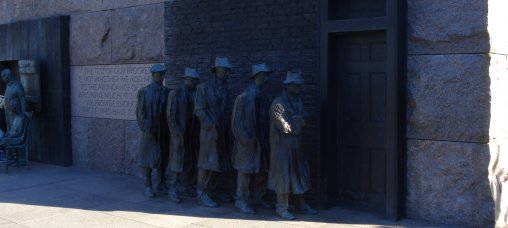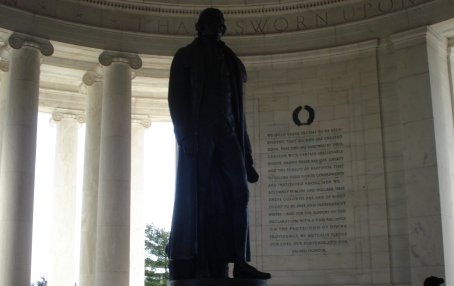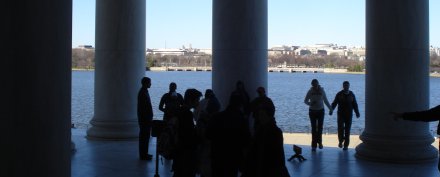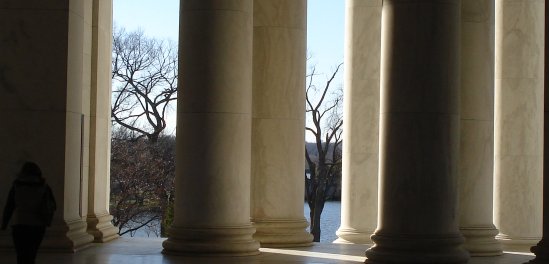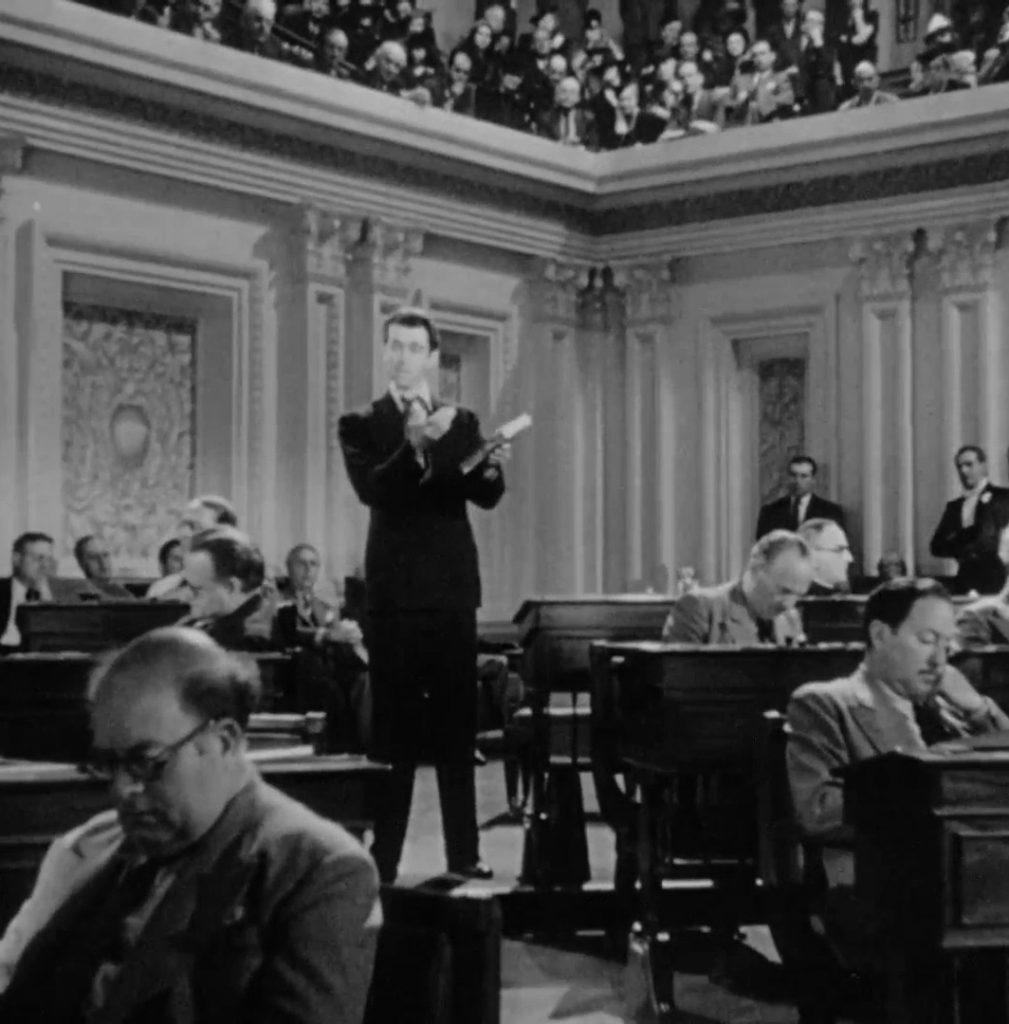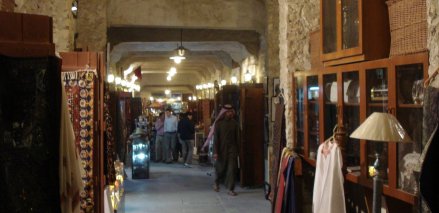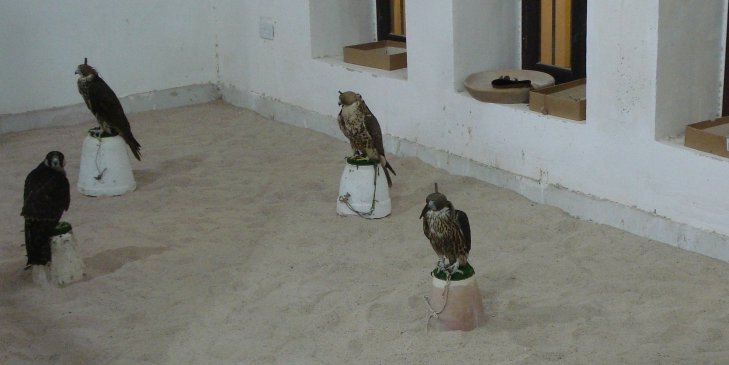
The picture is our first dog, Fang. Springer Spaniels are supposed to be gentle and he looked sweet and docile, but he wasn’t. In those days before the dog whisperer, he was an incorrigibly bad dog. He got increasingly out of control. If you left him alone in the house, he would chew up whatever he could reach. He knocked over the fish tank and scratched holes in the rugs. He once even chewed up the metal Venetian blinds. You would have thought that impossible, but you would have been wrong. You had to literally fight him off to eat your lunch. He would sit there growling and lurch at your food if you made eye contact or gave him an opening. As I think back, it is amazing how long we tolerated his aggressiveness. He bit everybody … except my mother. He was afraid of my mother, but one day he bit her too. After that he bit no more. We were sad to lose our dog, but it was good to be able to eat w/o having to watch for the rushing dog. The vet told us that he was a “fear biter.” I don’t know what that meant. I think he made that up.

Our next dog, Sam, was the most docile dog in the world. He never bit or growled. He would bark at visitors, and it was hard to get him to be quiet, but then he hid in back of us when they came in. I was locked out of the house once, so I climbed in through the bedroom window. I didn’t hear a sound from Sam, except I could hear his claws on the linoleum kitchen floor as he backed up. I still couldn’t find him, until I saw him hiding under my father’s bed. As soon as he saw me, he came out bravely. Everybody liked Sam. He was a good looking dog, a Chesapeake Bay retriever. He had some of the instinct. He used to point at rabbits and squirrels, although he never bothered to pursue them.
Our last dog was Xerxes. He was the dog of my father’s later years and he reflected some of the infirmities of old age. Xerxes was even more cowardly than Sam and not at all aggressive. He is cringing in most of the pictures, because he was afraid of the camera. If he heard a loud noise, he would go crazy. Thunder storms and the 4th of July were not pleasant times. My father treated him with a gentleness bordering on deference. “He has rights too,” my father would say. Probably as a result of this, Xerxes paid no attention to my father and would not come when he called.
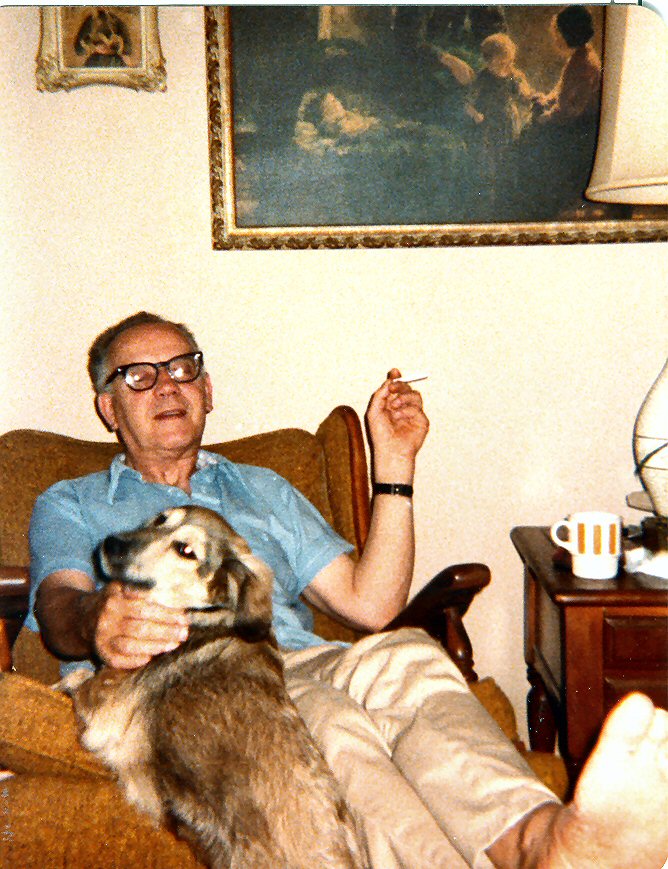
I have seen the “Dog Whisperer” on TV a couple times and it is clear to me now that we just didn’t know how to treat dogs. Dogs are pack animals. They need to know who is master. We were always ambiguous about that, so the dogs personality and natural inclinations came to dominate the relationship. Sam was my favorite dog and gave us no reason to complain except that he was too timid. But compared with Fang, who you constantly had to hold back, it was a better situation. I think Xerxes just got corrupted. My father spoiled and indulged him. We used to have cats until I was around five years old. They were not really our cats; they just sort of moved into our house sometimes, sort of community cats. They all had the unimaginative name of “Kitty.” It made it easier to remember their names and there really is no use in naming cats anyway, since they never come when called. In those days it was considered cruel and unnatural to keep cats in the house and they wandered the streets. You “put the cat out” at night. Sometimes they would come back. In between, they would enter cat society and alternatively fight, mate and kill birds & mice. They came back when they got hungry and/or when they couldn’t find a better offer. Cats have no sense of loyalty. Once Kitty had kittens. One of them had six toes, so we called him “six toed Richard” after one of my mother’s similarly endowed cousins. We got rid of the ultimate Kitty and never permitted cats again because she scratched my sister once too often. My sister was a toddler+ at the time and wanted to play with the cat in a way independent felines evidently didn’t appreciate. I got along well with that particular cat and even once gave her a bath, w/o getting scratched up. I guess it all depends on how you approach things.
My cousins Luke & Irma and their son & Tony, who lived upstairs from us, had the meanest cat I have ever seen. I don’t remember what its name was, but we called him “Heathcliff” after the obnoxious comic book cat. He was the Fang of the cat world. One Christmas, my sister and I were watching Tony while Luke and Irma went to midnight mass. We didn’t know where the cat had gone until we saw the tree shaking and found the cat climbing inside and batting at the ornaments. I chased him away from the tree and he ran off and disappeared. Soon he reappeared. He had climbed up the back of the couch and was attacking my sister. I drove him off again and he went and hid in the basement.
His sojourns in the basement were his undoing. He didn’t care to use his litter box and preferred to crap on the basement floor. He did this with monotonous regularity until my cousins got sick of cleaning it up. That, plus his unusually ornery temperament, doomed him. I was sorry to see him go, since he was unfailingly entertaining, but I could see the logic in getting rid of him.
The only other pets we had were fish and salamanders. We never were very good with fish, so we raised guppies. They require no care. I had a green salamander, a newt that sat on an island in the fish tank until once we filled it up too much and he crawled out. My mother thought that it was my fault because I used to take him out and let him crawl around where he got a taste of freedom. He didn’t savor it long. We found him a few days later dried up under the radiator. I subsequently had a red and black salamander that fared better. He too escaped, but he survived in the basement, where it was damp and where he could eat spiders etc. We had an old house and part of the basement still had a dirt floor. About a year after his escape, my cousin spotted him, much bigger and apparently thriving. I don’t know how long those things live, more than a year, evidently.







